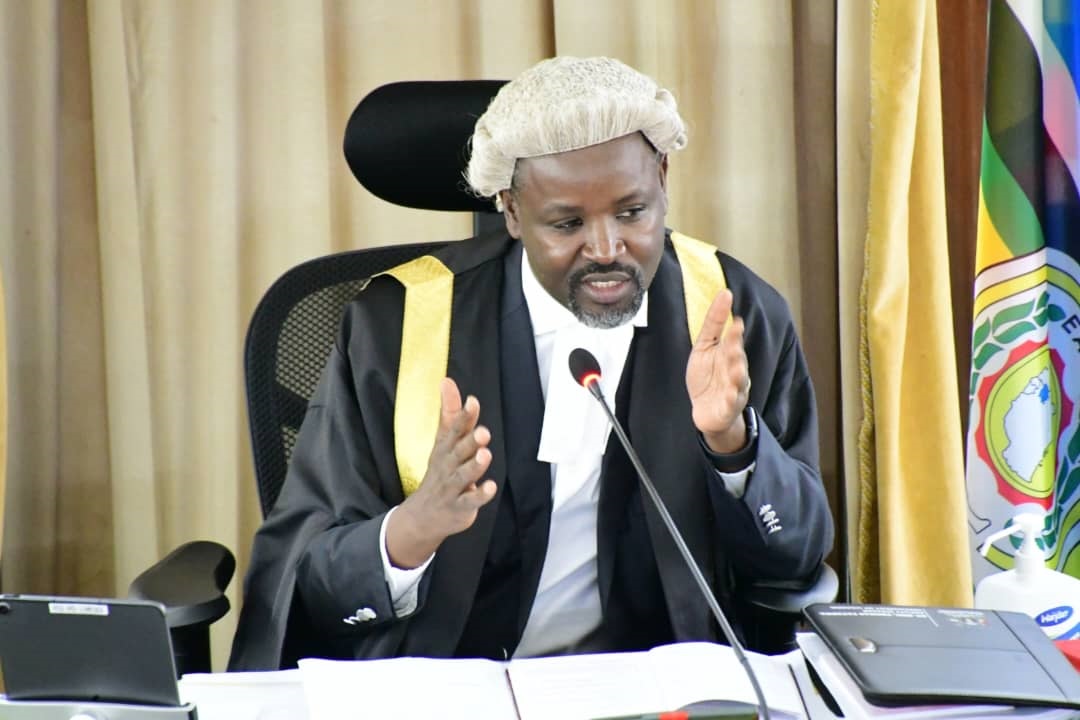In a compelling address to the Legislative Assembly on Tuesday, Deputy Speaker Thomas Tayebwa underscored the critical need for increased awareness campaigns regarding the Parish Development Model (PDM).
The lawmaker representing Ruhinda North County began by acknowledging the persistent issue of poverty in various regions of the country. He stressed that if the PDM is effectively managed, it can fulfil its intended purpose. However, he also asserted that, based on a recent survey conducted in his constituency, urgent sensitization efforts are necessary concerning the PDM.
Tayebwa highlighted that to combat poverty effectively, the government must ensure that poverty eradication programs like the PDM reach their intended beneficiaries. Achieving this goal requires robust public awareness campaigns.
“I have 27 parishes in my constituency, and I was accompanied by my colleague, Woman MP Juliet Bashisha. We traversed all the parishes to educate our constituents about the Parish Development Model and to conduct oversight on its implementation. During our visits, we discovered, among other issues, significant disparities in the disbursement of funds. Some parishes had received zero funds, while others had received 100 per cent,” he explained.
Tayebwa informed the House that during their visits, they received numerous complaints, both in person and via social media. These grievances included allegations of individuals being charged for registering their names on the computer, paying fees to fill out forms, and being coerced into paying fees for follow-up services.
“I encountered situations where husbands had to sign for their wives before the wives could access the funds. In one case, a woman mentioned that her husband insisted on sharing the money because it was his signature that enabled her to receive the funds. In another instance, a lady was denied funds because of a dispute with her husband,” he recounted.
Furthermore, Tayebwa noted that many PDM beneficiaries believe that Savings and Credit Cooperative Organizations (SACOs) are government-owned entities. This perception raises concerns that once government funding ceases, the PDM might collapse, contrary to the program’s objective of fostering financial self-sufficiency within communities.
“Therefore, members, there is a pressing need for heightened sensitization! I discovered that the district’s commercial officer was overseeing the disbursement of funds, despite clear guidelines stipulating that these individuals should have no involvement in such processes,” he added.
As a means to address the challenges and identify gaps in the effective implementation of the PDM, the Deputy Speaker instructed all members to collaborate with local committees, compile comprehensive reports, and submit them to the Parliamentary committee responsible for PDM. This committee will subsequently create a final report for debate within the House, facilitating a more informed discussion on the matter.
However, his remarks ignited a vital conversation in the House on the imperative of educating the public about PDM initiatives, which are designed to alleviate poverty and enhance the well-being of the country’s most vulnerable citizens.
Meanwhile, the Parish Development Model which was launched on 26 February 2022 is a Government strategy or approach for organizing and delivering public and private sector interventions for wealth creation and employment generation at the parish level as the lowest economic planning unit.
The goal of PDM is to increase household food security and incomes and improve the quality of life of Ugandans with a specific focus on the total transformation of society (both on-farm and off-farm, rural and urban settings).
Do you have a story in your community or an opinion to share with us: Email us at Submit an Article









